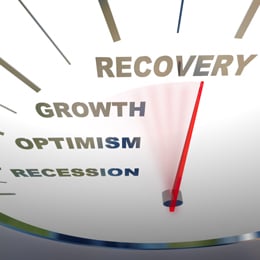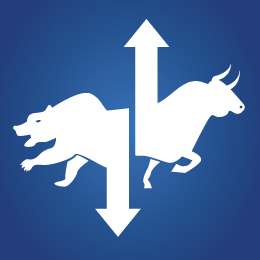I closed yesterday’s post with the thought that, based on positive U.S. economic trends, we should now be planning for the problems of success. Sure enough, the economic data released yesterday highlighted a big one: inflation, with the monthly increase in the Consumer Price Index topping 0.4 percent.












